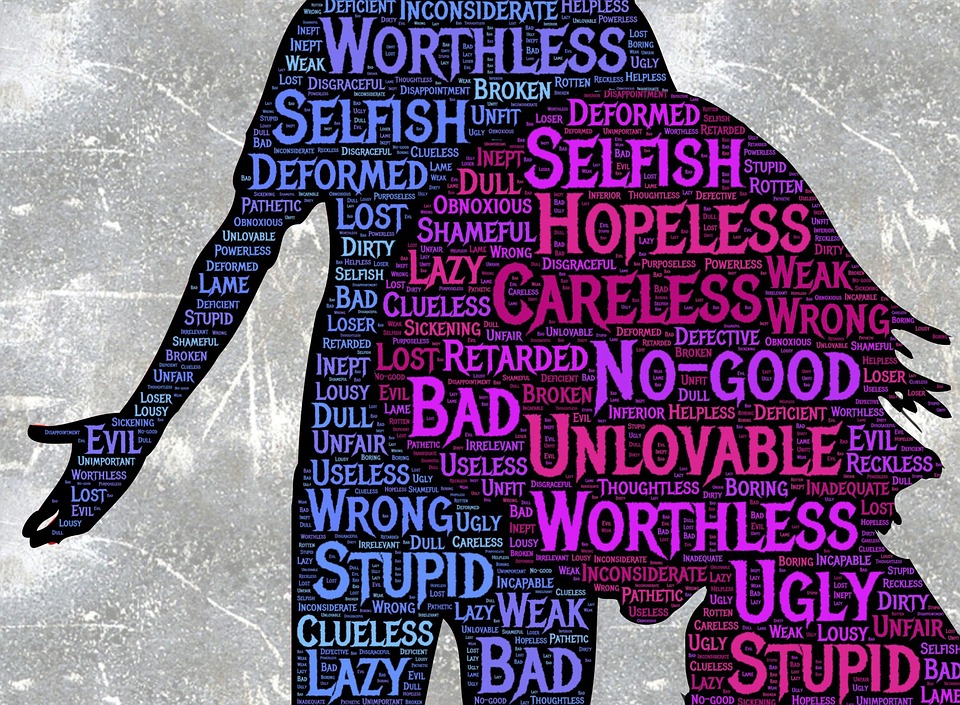Life is not always a joyous ride. It has its ups and downs and sometimes the downs adversely affect us. Normally when we are sad, we are advised to surround ourselves with mood lifting people and activities. However, what happens when two weeks later,there is no change or we actually feel more sad than we did in the beginning?
According to a 2017 report by the World Health Organisation, Kenya had a total of 1.9 million depression cases reported being ranked sixth among African countries. Looking at it globally, more than 300 million people of all ages suffer from it.
Depression, a common and serious medical illness is a mood disorder that causes a persistent feeling of sadness and loss of interest. It affects how one feels, thinks and behaves and can lead to a variety of emotional and physical problems.

Contrary to what many think, depression isn’t a weakness and one can’t simply “snap out” of it. Depending on the severity, it may require long-term treatment. Although depression may occur only once during someone’s life, many people typically have multiple episodes. During these episodes, symptoms occur most of the day, nearly every day.
My head feels heavy and my body feels numb. I am devoid of energy and couldn’t care less about anyone or anything in my life. I’ve come very close to dying four times in the last 3 years. It’s something I live with every day. It’s impossible to dismiss it from my mind… This is how depression has affected me. My experience with depression began several years ago when my life became complicated and turbulent…
(Extracted from Hendin, 2009, When glad becomes sad: Personal accounts from people living with depression).
The Diagnostic and Statistical Manual of Mental Disorders outlines the following criterion to make a diagnosis of depression. The individual must be experiencing five or more symptoms during the same 2-week period and at least one of the symptoms should either be (1) depressed mood or (2) loss of interest or pleasure.
Symptoms
- Feelings of sadness, being tearful, emptiness or hopelessness most of the day, nearly every day.
- Angry outbursts, irritability or frustration, even over small matters.
- Markedly diminished interest or pleasure in all, or almost all, activities most of the day, nearly every day.
- Significant weight loss when not dieting or weight gain, or decrease/ increase in appetite nearly every day.
- Increase in purposeless physical activity (e.g., hand-wringing or pacing) or slowed movements and speech (actions observable by others).
- Tiredness and lack of energy, so even small tasks take extra effort nearly every day.
- Feelings of worthlessness or guilt, fixating on past failures or self-blame nearly every day.
- Trouble thinking, concentrating, making decisions and remembering things nearly every day.
- Trouble sleeping or sleeping too much.
- Unexplained physical problems, such as back pain or headaches.
- Recurrent thoughts of death, recurrent suicidal thoughts without a specific plan, a suicide attempt or a specific plan for committing suicide.
For many people with depression, the symptoms are usually severe enough to cause noticeable problems in daily activities. Some people may feel generally miserable or unhappy without really knowing why.
Depression and Sadness
Many people often use the term depression when referring to sadness. Depression however is different from the fluctuations in mood that people experience as part of normal life. Temporary emotional responses to the challenges of everyday life or the feeling of grief resulting from the death of someone do not constitute depression. We call it depression if these feelings persist and are consistent.
Moreover, it is important to note:
- In grief, painful feelings come in waves, often intermixed with positive memories. In major depression, mood and/or interest (pleasure) are decreased for most of two weeks.
- In grief, self-esteem is usually maintained. In major depression, feelings of worthlessness and self-loathing are common.
- For some people, the death of a loved one can bring on major depression. Losing a job or being a victim of a physical assault or a major disaster can lead to depression for some people. When grief and depression co-exist, the grief is more severe and lasts longer than grief without depression.
If you or a loved one is experiencing the above symptoms kindly click on the link to get immediate help.
Watch out for part two of this post where we shall be talking about the causes, treatment and prevention of depression. Feel free to share your thoughts in the comment section below.
References
https://www.nation.co.ke/news/report-reveals-2m-Kenyans-depressed/1056-3828982-134wls7/index.html
https://www.nimh.nih.gov/health/topics/depression/index.shtml
https://www.mayoclinic.org/diseases-conditions/depression/symptoms-causes/syc-20356007
https://www.medicalnewstoday.com/kc/depression-causes-symptoms-treatments-8933
https://www.psychiatry.org/patients-families/depression/what-is-depression


Love the Article. Very thoughtful and gives slot of insight to facts about depression I didn’t know.
LikeLiked by 1 person
Thank you for your feedback Joan. I am glad it has been an insightful read. It’s one of the things I usually hope to achieve with every piece that I write.
LikeLike
Very interesting. Can’t wait to see your next article
LikeLiked by 1 person
Thank you Edgar for the feedback and motivation.
LikeLike
I just like how you did a thorough research.
It’s an educative post. Keep up
LikeLiked by 1 person
Thank you very much Brian
LikeLike